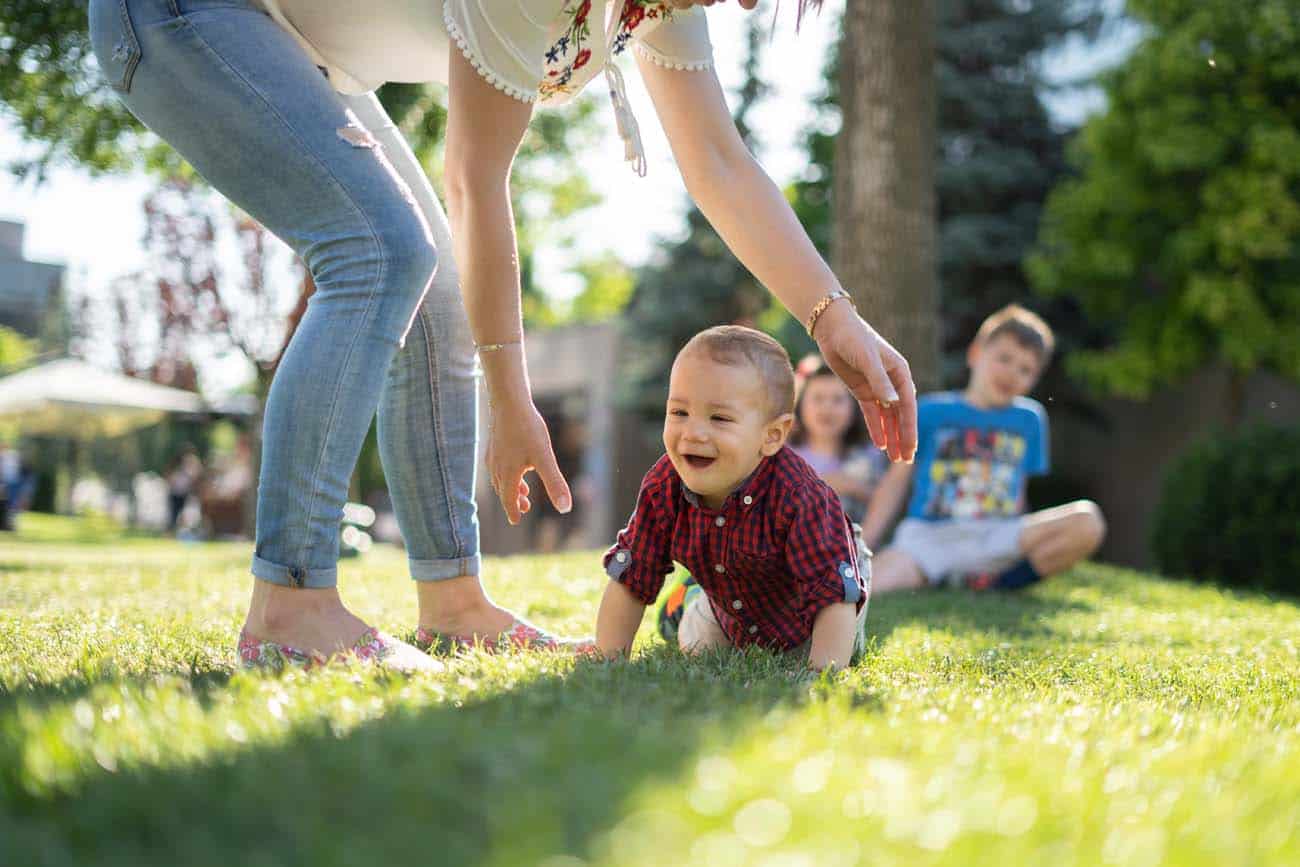
The Differences Between Au Pair, Nanny and Care Professional
Have you ever considered what the differences are between au pair, nanny and the term we have coined: care professional? Most likely your family has both parents working out of the home, or you have children that need that extra care and attention. For those children that benefit from having a live-in carer that is experienced in a specific type of therapy: occupational, physical or speech, welcoming one of our ‘care professional’ could make all the difference. Here we provide a bit of insight into what’s expected of an au pair, what a nanny actually does, and how beneficial a care professional could be.
Au Pair
Au pairs tend to be young women (between 18-25) from other countries, including Europe, the US or Canada. To come to Australia, they need to apply for a visa, which requires them to be 18-30 years old. They usually live with the family and are expected to be treated as a family member and to be included in weekend activities, and this wouldn’t count as ‘work time’. Many au pairs may or may not have had much experience working with children and that might mean that they need a lot of handholding and supervision at first.
The au pair program in Australia is meant to provide opportunities for language and cultural exchange and the au pair should only be expected to complete household duties and cooking related to the children. Activities they offer for the children are likely to be unstructured. Many young people that come to Australia as an au pair may not be trained in first aid, and they are unlikely to have had any formal training for supporting children with special needs.
Nanny
Nannies are usually Australian, so there is no need for a visa. They often bring with them some experience in working with children, and they are also usually working towards an additional childcare qualification. They can be live-in or live-out and can be any age. Nannies are often fully fledged employees which means unrestricted employment, working hours and wages that are set in accordance with Australian law and are determined by an employment contract.
Nannies can work unsupervised from the outset and they may be able to offer play-based and structured learning activities. As they have a bit more experience, they are likely to be trained in first aid and will probably hold a certificate. However, only some nannies will bring with them experience in working with special needs children.
Care Professional
Our care professionals are German nationals, who are trained in a specific social care field, including: occupational therapy, physical therapy, speech therapy, paediatric nurses, etc. They usually have a few years’ experience under their belt, and they are usually that little bit older (26-30) and also bring life experience with them.
They will be employed directly by a host family, providing them with wages and appropriate tax and super payments in accordance with Australian law. They will be in Australia on a working holiday visa for 12 months with the option of extending if they can complete 3 months of farm work in a rural area.
Care professionals can live-in or live-out depending on your circumstances and the space you have available. They will have a wealth of experience to utilise in their daily routines with your children, especially those with special needs. They can implement therapy programs, work directly with your current support team and continue the set programs at home with the children.
